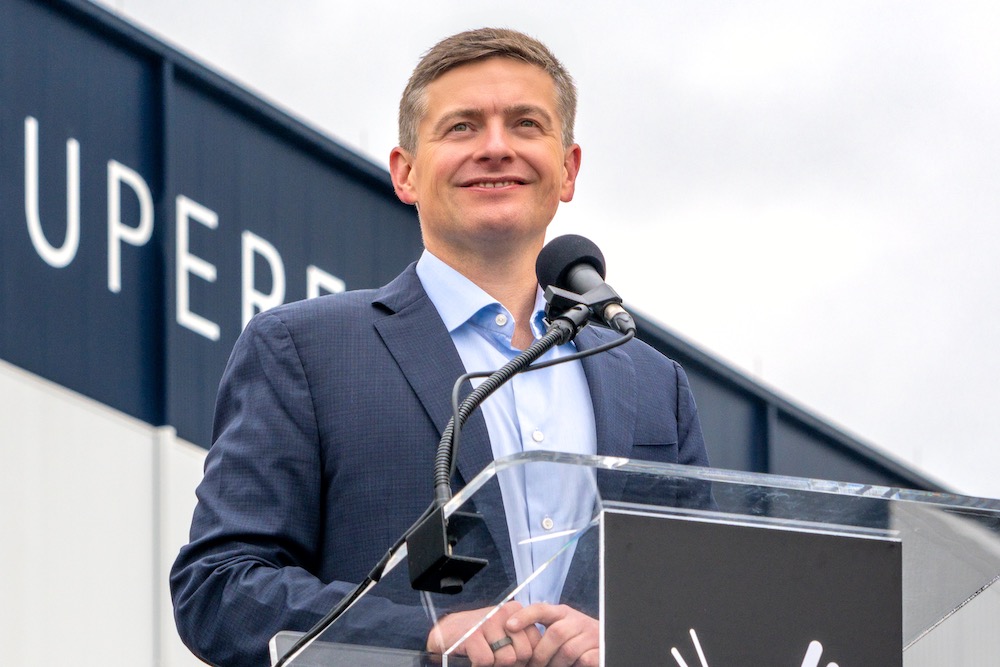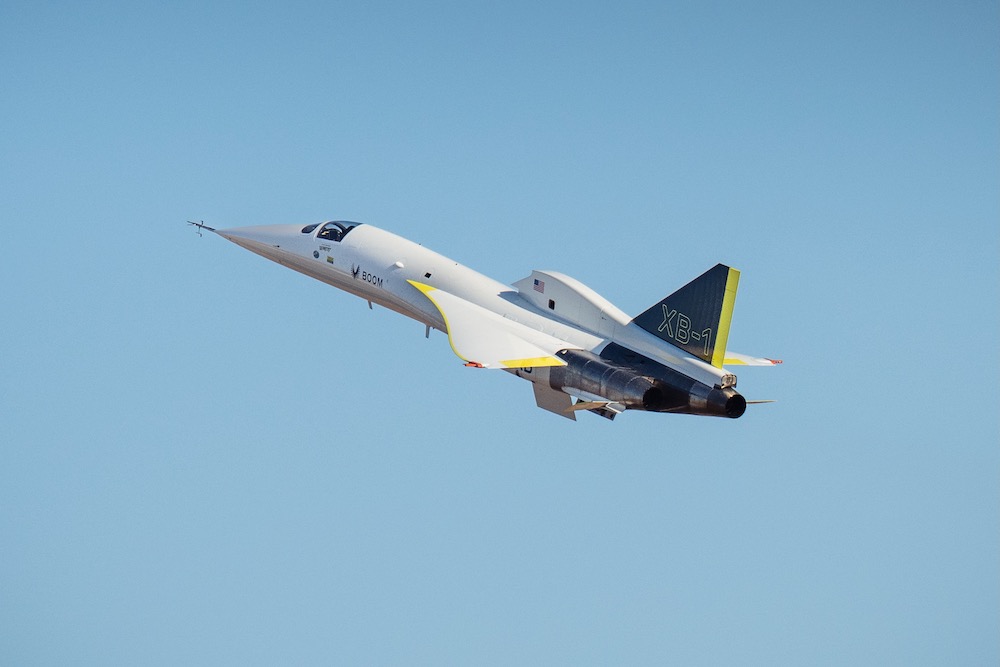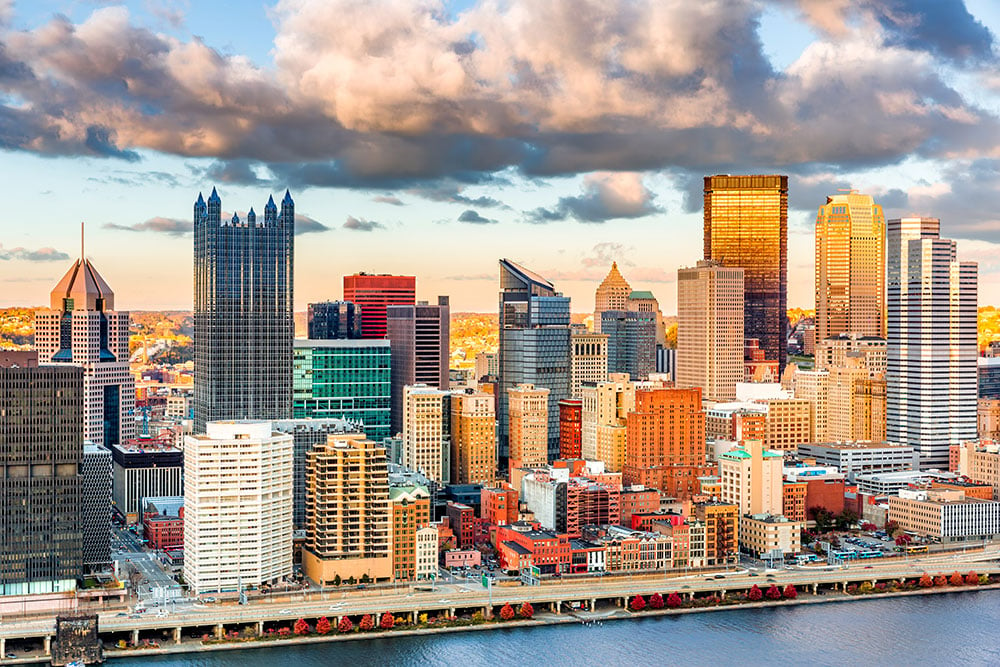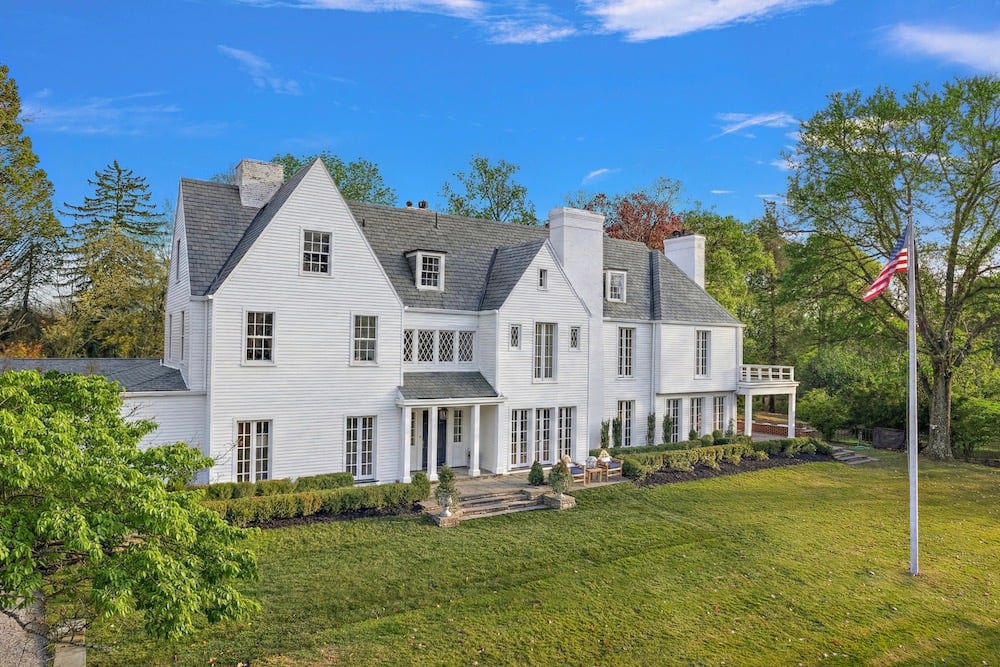Carnegie Mellon Grad’s Supersonic Aircraft Breaks Sound Barrier
Blake Scholl's Boom Supersonic aims to bring back high-speed passenger service 22 years after the end of the Concorde.
A Carnegie Mellon University grad is behind the successful flight earlier this week of the first independently developed jet to break the sound barrier.
The flight of the XB-1 demonstrator aircraft by Blake Scholl’s start-up company Boom Supersonic on Jan. 28, took place over the Mojave Desert in California, exceeding the speed of Mach 1 — the equivalent of 770 mph. That’s the same place where Chuck Yeager was the first human to break the sound barrier aboard the Bell XS-1, nicknamed “Glamorous Glennis,” in 1947.
Scholl’s aim is to bring back supersonic passenger travel like the British/French Concorde provided from 1976 to 2003, before the program was halted because of high costs and maintenance issues. The Concorde flew more than twice the speed of sound and could make the transatlantic crossing in 2 hours, 52 minutes and 59 seconds, according to Time magazine.
All supersonic aircrafts up until now have been developed by militaries or governments. This is also the first civil supersonic jet made in America.
“Next, we are scaling up the technology on XB-1 for the Overture supersonic airliner,” Scholl said in a company statement after the successful flight. “Our ultimate goal is to bring the benefits of supersonic flight to everyone.”
Scholl graduated from CMU in just three years, with a bachelor’s degree in computer science, in 2001 at age 20.
While attending CMU, he had a summer internship at InGAME in the Bay Area, which was just one exit away on the highway from a small airport, according to a CMU article. He had loved planes since a child and took the opportunity to take flying lessons and got his pilot’s license a few years later.
After graduation, he took a job with Amazon in Seattle and after seeing a British Airways Concorde on display at the Museum of Flight in Seattle, he wondered why the supersonic plane was in a museum. That inspired his founding of Boom Supersonic 11 years ago, headquartered in Denver, to return supersonic flights to the air. The company recently built a factory in North Carolina where Scholl expects to produce 33 aircraft a year.
He told Time magazine that each plane would cost airlines $200 million to purchase and passenger tickets would be $5,000 a seat (the Concorde sold seats at $20,000 a piece).
According to Boom, American, United and Japan airlines have already pre-ordered Overture planes to incorporate in their fleets once the aircraft is developed and ready for flight.













